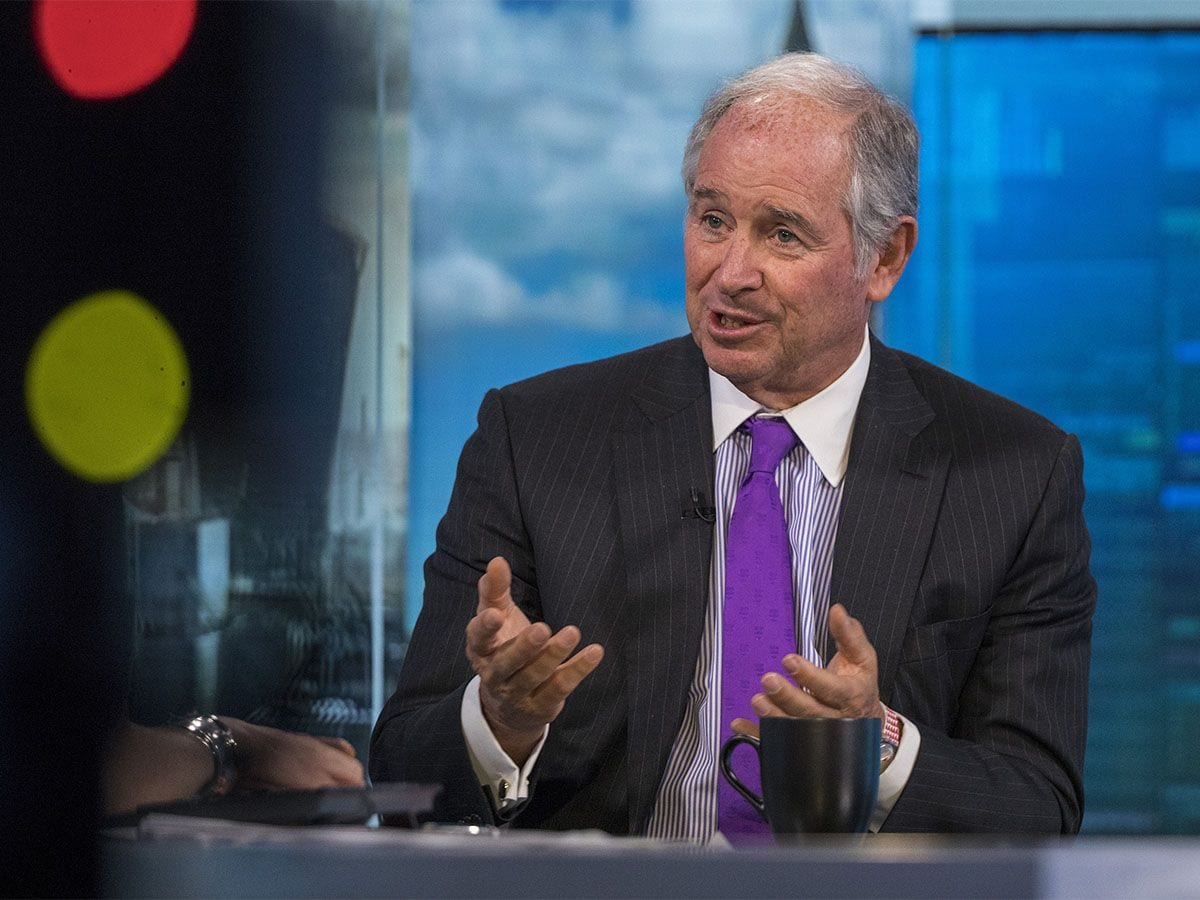A decade of ultra-low base rates may have taken its toll on bank’s income, but cheap money has been a boon to a different class of financiers: private equity firms like Blackstone Group [BX], KKR & Co [KKR] and The Carlyle Group [CG].
A report from consultancy Bain & Company released last week forecast PE firms to close a record 212 buyout deals in 2019, breaking past the previous high of 192 in 2007. And while the success of the industry may not be immediately apparent by looking at index trackers – as of Friday’s close, Invesco’s Global Listed Private Equity ETF [PSP] is up 22% for the year-to-date, roughly in line with the S&P 500 – the deals bonanza propelled Blackstone to a $47.93 all-time high earlier this month, representing a 63.8% year-to-date gain. KKR has also pushed above $25, slowly edging back to its September 2018 all-time record of $28, while Carlyle has risen 55.06% this year, closing at $24.84 on Wednesday, making up for four long years of underperformance.
From lightbulbs to Lego bricks
The PE industry is built on buying assets, turning them around, and profiting from a resale down the road. Payouts to PE firm shareholders are buoyed by both regular operating income from the owned businesses as well as the gains extracted when companies are sold off.
The Blackstone-led $17bn carve-out of Refinitiv, the financial data division of Thomson Reuters, in 2018 marked a high in post-crisis leveraged buyout (LBO) activity among private equity firms. And as interest rates look set to stay cheaper for some more time, thanks to dovish turns by the world’s main central banks, the environment still looks ripe for debt-fuelled deals.
In June, Blackstone teamed up with Lego’s founding family for the $6.1bn purchase of Merlin Entertainments, owner of the Legoland parks and the Madame Tussauds wax museum. Meanwhile, KKR is currently bidding to buy Eneco, the Netherlands’ last big publicly traded energy company, and Carlyle and Bain Capital are taking over ailing lighting manufacturer Osram.
| Blackstone | KKR | Carlyle | |
| Market cap | $58.99bn | $22.99bn | $8.36bn |
| PE ratio (TTM) | 20.23 | 9.01 | 14.49 |
| EPS (TTM) | 2.43 | 3.03 | 1.71 |
| Quarterly Revenue Growth (YoY) | 14.60% | 139.10% | 54.70% |
Blackstone, KKR & Carlyle share price vitals, Yahoo finance, 25 July 2019
It’s not all about buyouts: all three firms have also recently launched “business development corporations”, or, more plainly, mutual funds that provide loans to businesses. KKR has also taken a liking to “toeholds”, the practice of buying minority stakes in businesses that look set for a takeover by a different party.
Emerging risks
Blackstone chief executive Stephen Schwarzman last week revealed a 24% increase in funds under management over the year to June, to a mammoth $545bn. Distributable earnings per share were $0.57, 12% above analysts’ expectations. That bodes well for KKR and Carlyle, who are due to report on 25 and 31 July, respectively. Average target prices from Refinitiv indicate potential upsides of over 11% for both Blackstone and Carlyle, and of 22% for KKR.
Still, the explosive growth among PE firms comes at a cost. Democratic US Presidential candidate Elizabeth Warren last week took aim at “vampire-like” PE firms, accusing them of “bleeding [target companies] dry”. She is proposing legislation to restrict the amount of leverage PE firms can take on, while obliging them to take on in full the debts and obligations of the companies they acquire.
24%
Increase in Blackstone's funds under management over the year to June
It’s not just politicians worrying about corporate debt exposure. A Wall Street Journal article from 15 July highlighted how sky-high stock valuations at would-be targets are testing PE firms’ ability to raise debt packages from lenders, in turn forcing them to finance a bigger chunk of each deal with cash.
Nevertheless, analysts have been keen to highlight the different strengths of each firm. Credit Suisse’s Craig Siegenthaler has given the thumbs-up to Blackstone’s recent results, but is more cautious on KKR and Carlyle, writing in May that while Blackstone’s performance has been strong, it was mostly priced into the share price already. That is reflected in the three firms’ PE ratios: while Blackstone trades in line with the sector at some 20.23 times trailing 12-month earnings, the metric falls to 14.49 for Carlyle and just 9.0 for KKR.
Disclaimer Past performance is not a reliable indicator of future results.
CMC Markets is an execution-only service provider. The material (whether or not it states any opinions) is for general information purposes only, and does not take into account your personal circumstances or objectives. Nothing in this material is (or should be considered to be) financial, investment or other advice on which reliance should be placed. No opinion given in the material constitutes a recommendation by CMC Markets or the author that any particular investment, security, transaction or investment strategy is suitable for any specific person.
The material has not been prepared in accordance with legal requirements designed to promote the independence of investment research. Although we are not specifically prevented from dealing before providing this material, we do not seek to take advantage of the material prior to its dissemination.
CMC Markets does not endorse or offer opinion on the trading strategies used by the author. Their trading strategies do not guarantee any return and CMC Markets shall not be held responsible for any loss that you may incur, either directly or indirectly, arising from any investment based on any information contained herein.
*Tax treatment depends on individual circumstances and can change or may differ in a jurisdiction other than the UK.
Continue reading for FREE
- Includes free newsletter updates, unsubscribe anytime. Privacy policy





